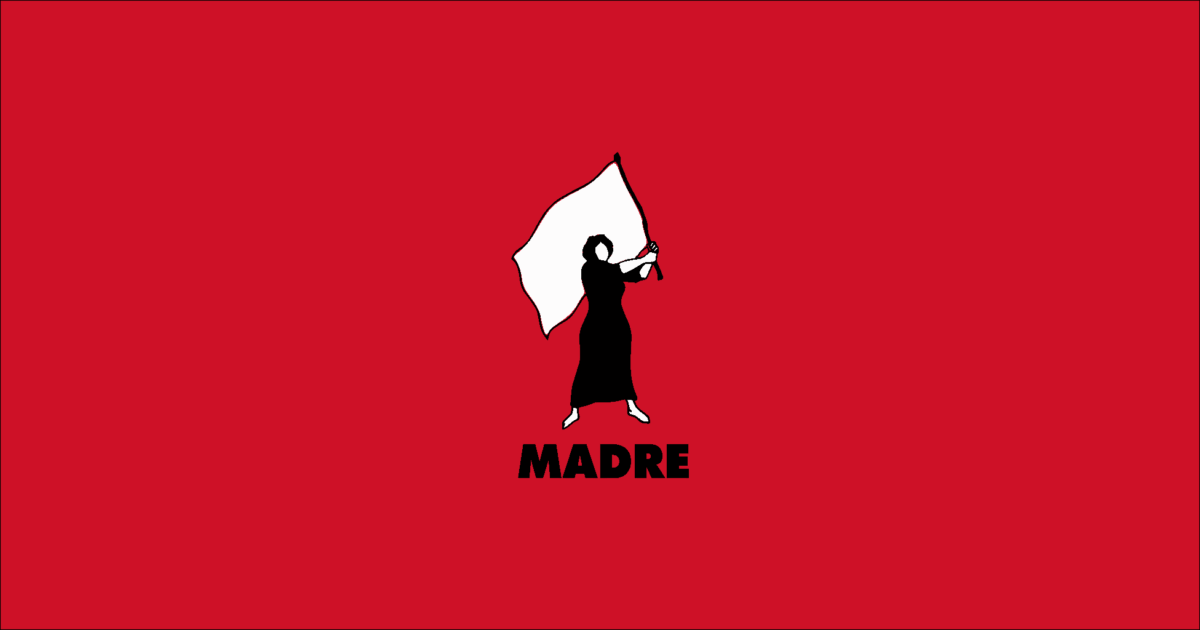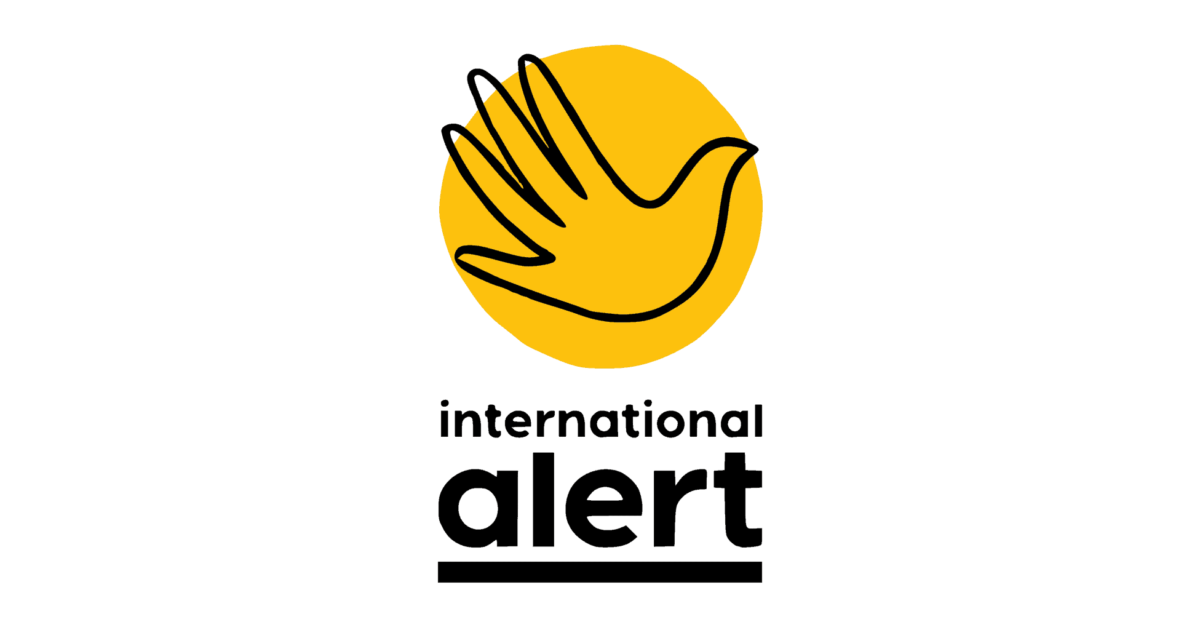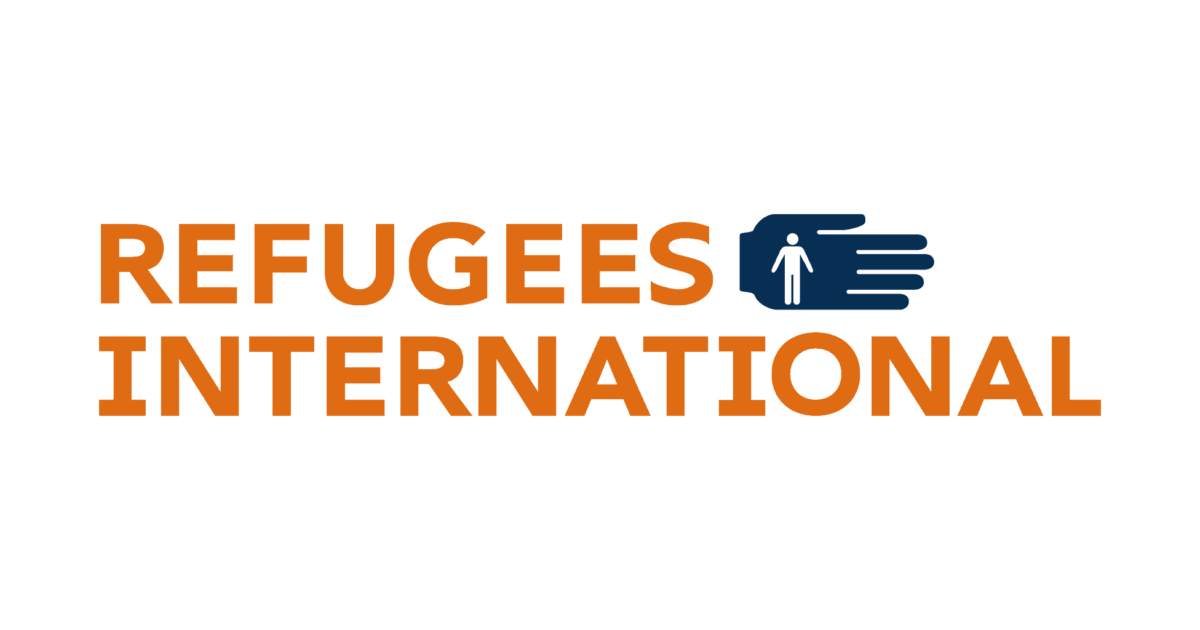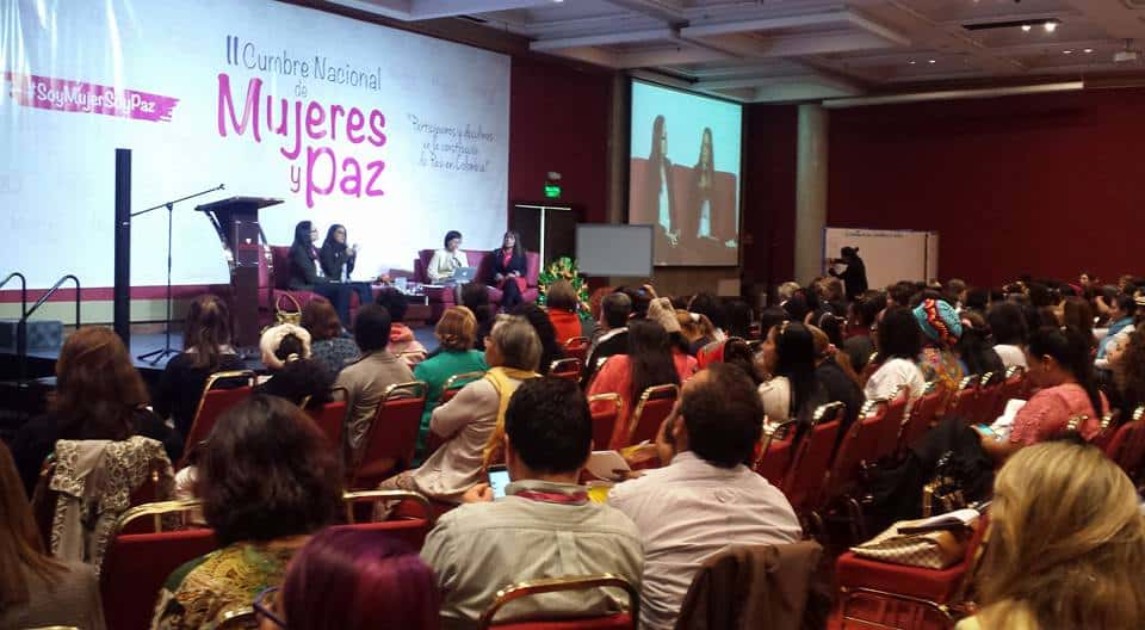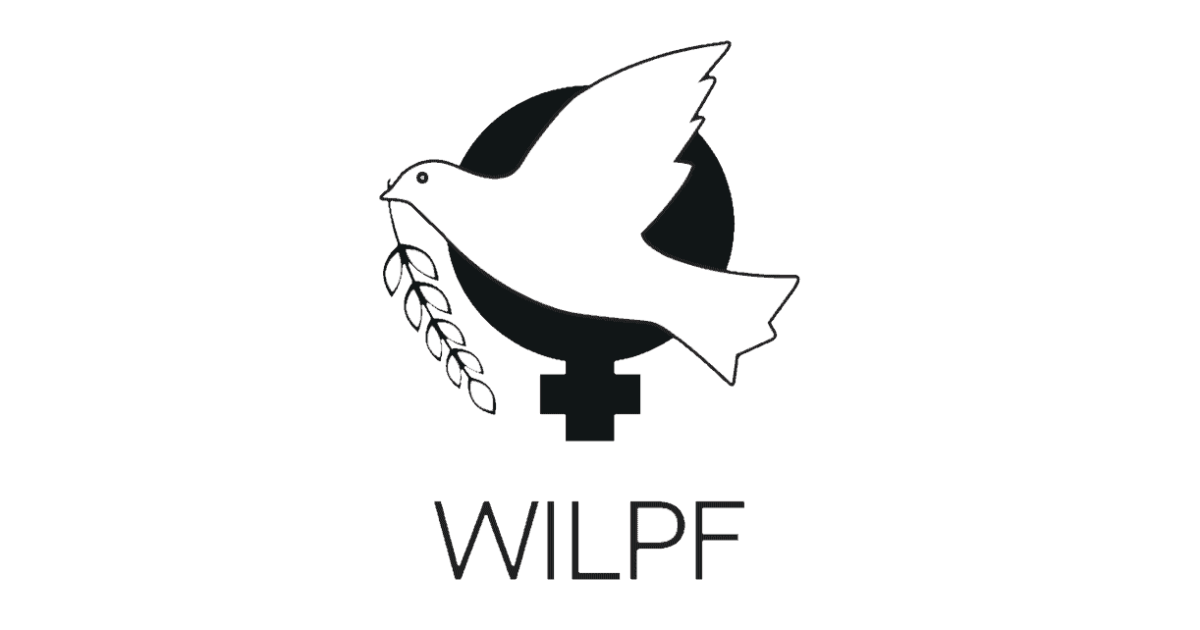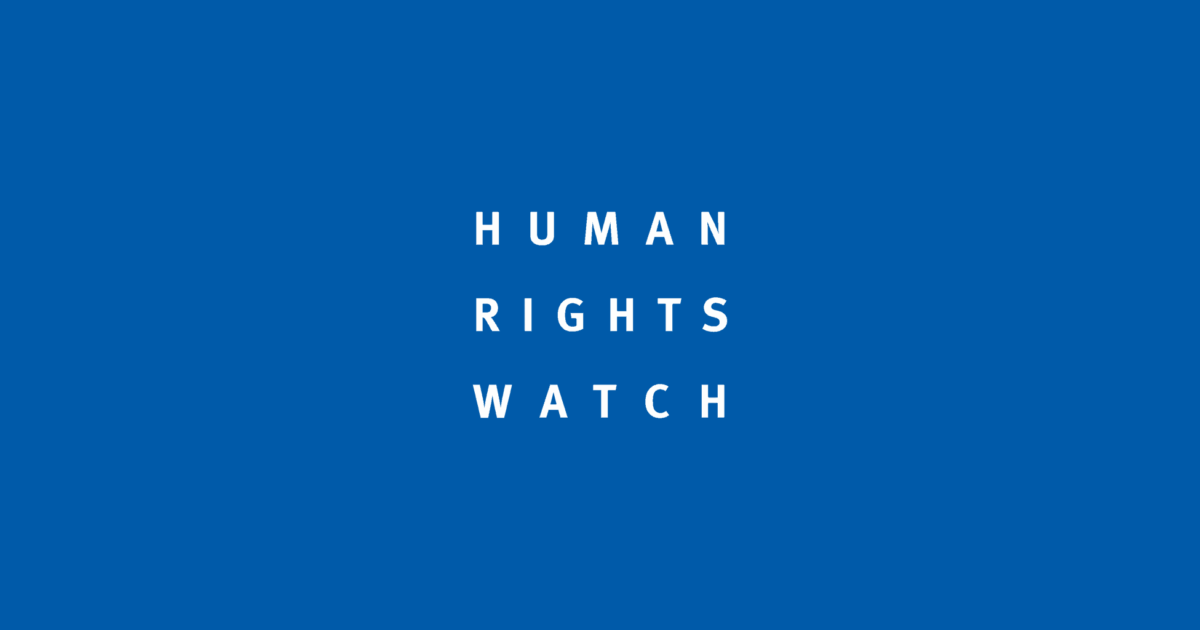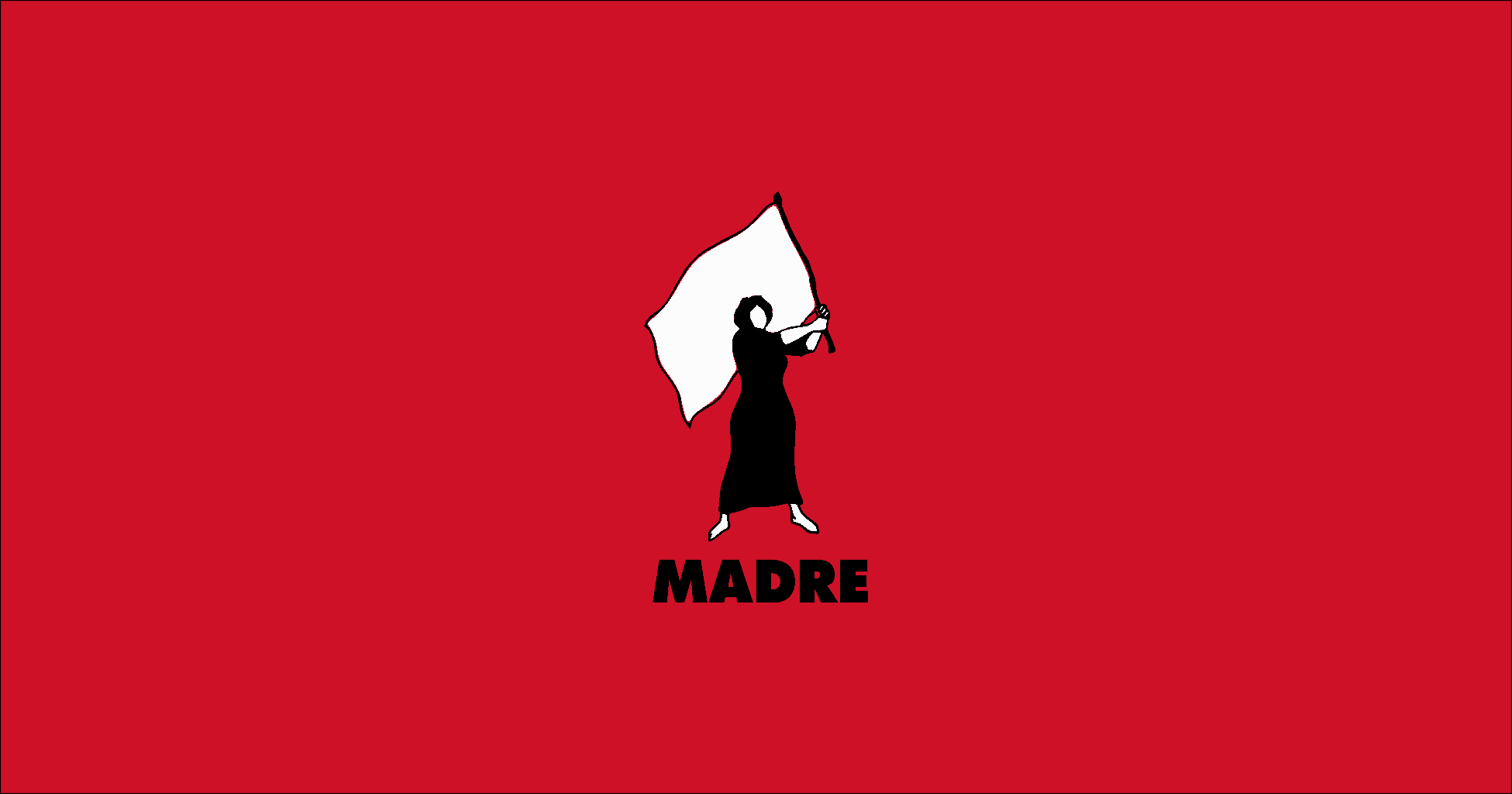Colombia
Colombia
Current and Past Recommendations to the UN Security Council (Monthly Action Points)
In its discussion of the situation in Colombia, including the ongoing protests, Council members should call for cessation of the use of violence, including excessive force, killings, beatings, sexual and gender-based violence, and arbitrary detention, by members of the Colombian police and military forces against protestors, human rights defenders, and bystanders, many of whom are Afro-descendant and Indigenous. Members should discourage current Government proposals to criminalize protest and protesters, and should call for an inclusive, participatory dialogue with civil society, particularly with women, youth, LGBTIQ+, Afro-descendant, Indigenous, and rural authorities and communities. Council members should inquire what measures have been taken to impartially investigate and ensure accountability in cases where police, military, and civilians acting with state acquiescence committed violence.
All briefings and reports should include gender-sensitive conflict analysis and data disaggregated by gender, race, ethnicity, sexual orientation and gender identity, and disability, including in the context of information related to violence against former combatants, social leaders, and Indigenous, Afro-descendant, rural and LGBTIQ+ communities, who receive additional threats of GBV, including domestic violence (CARE Intl., HRW, Amnesty Intl., Amnesty Intl.). The Council should request updates on implementation of measures and systems aimed at ensuring safety and security, such as the security guarantees and protection efforts established under the Accord, collective security protocols, the Timely Action Plan (PAO), and community-based and gender-responsive self-protection and early warning systems. All such efforts must be developed and implemented in consultation with women leaders and human rights defenders, particularly those from Afro-descendant, Indigenous and rural communities, as well as women and girls who are former combatants or were formerly associated with FARC. Relatedly, Council members should inquire as to concrete efforts to dismantle barriers to active and safe participation and access for women, particularly Afro-descendant, Indigenous and rural women, in transitional justice processes, and further inquire regarding steps taken to ensure a survivor-centered approach is at the heart of all reconstruction efforts.
Finally, the Council should inquire regarding progress by the Verification Mission in providing age- and gender-sensitive reintegration and reincorporation support, specifically socioeconomic guarantees; women’s acquisition of land, loans, and technical assistance; access to formal and non-formal education and health services that encompass sexual and reproductive health care, and services that are inclusive of pregnant and lactating women and girls living in Territorial Training and Reincorporation Spaces (ETCR). In that regard, the Government should guarantee full access to sexual and reproductive healthcare services and preventive care for female former combatants, without discrimination.
Relevant Resources
